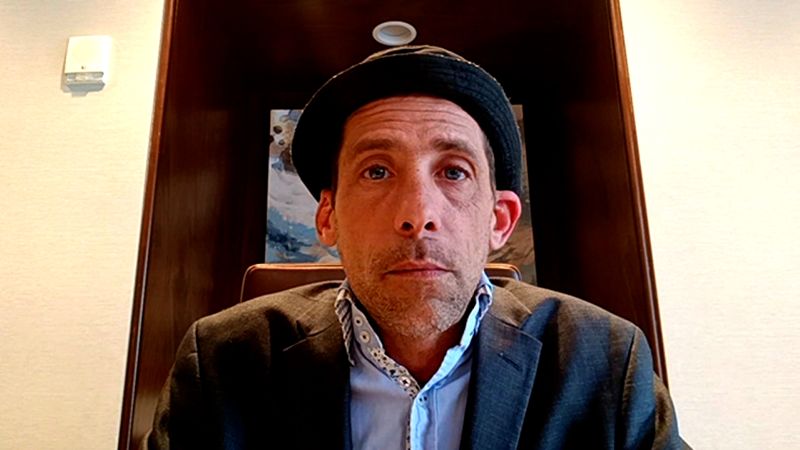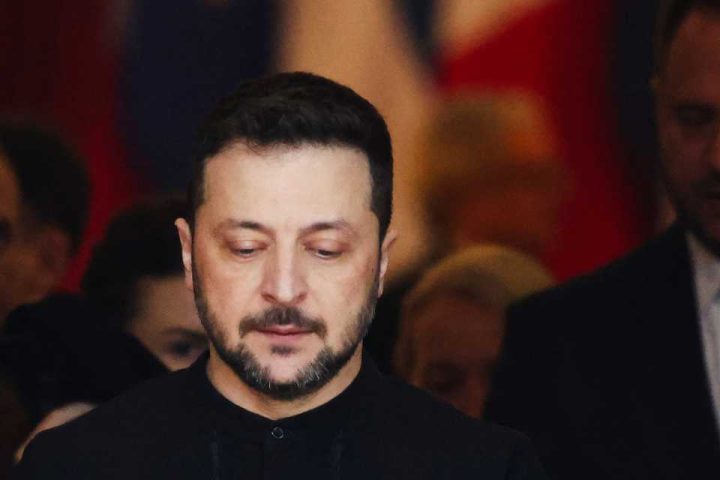Warren Buffett’s latest shareholder letter released Saturday was more expansive than in the prior year, but didn’t address three notable issues that could be of interest to
Berkshire Hathaway
investors.
The three involve Berkshire units Geico and Precision Castparts, as well as succession.
The letter ran 16 pages, against 10 pages last year, and included observations on challenges at key Berkshire subsidiaries Burlington Northern Santa Fe and Berkshire Hathaway Energy. Buffett also sees a difficult investing environment as the company’s cash position grew to a record $167 billion at year-end 2023.
What was left out? A discussion of the turnaround and challenges facing Geico, Berkshire’s big auto insurance business. While Geico moved to an underwriting profit in 2023, it shed nearly 10% of its auto policies and has lost its former No. 2 position in the industry in policies and premium volume to rival Progressive due in part to an underinvestment in technology.
Buffett, Berkshire’s CEO, didn’t discuss Precision Castparts, the aircraft parts maker that has been a disappointment since Berkshire bought the business for about $34 billion (plus around $3 billion of assumed debt) in 2016. PCC has been Berkshire’s largest deal since it purchased Burlington Northern Santa Fe in 2010.
Buffett, 93, also had little to say about succession, other than that Greg Abel, Berkshire vice chairman and head of the company’s non-insurance businesses, “in all respects is ready to be CEO of Berkshire tomorrow.” Abel, 61, has been regularly identified by Berkshire as Buffett’s likely successor.
That may be enough discussion of the matter for many Berkshire holders who trust Buffett and the Berkshire board on succession.
Some would like to see more. In a note before release of the annual letter, CFRA analyst Cathy Seifert wrote: “Can we get an update on succession plans and more color on the next level of management talent that currently exists at Berkshire?”
Buffett, for instance, has largely kept under wraps Todd Combs and Ted Weschler, who now run about 10% of the Berkshire equity portfolio.
It’s expected that they will run the entire portfolio of more than $350 billion after Buffett is no longer CEO. Investors might like to know about their investment performance since joining Berkshire more than a decade ago and what kind of role they will play in a post-Buffett Berkshire.
Berkshire vice chairman Abel and Ajit Jain, who heads the company’s insurance operations, will answer questions with Buffett at the annual meeting on May 4. But there doesn’t appear to be a formal role for Combs and Weschler.
One key question for a post-Buffett Berkshire is capital allocation. That is Buffett’s forte. Since taking control of Berkshire in 1965, he has decided whether to invest Berkshire’s free cash flow, now totaling more than $35 billion annually. This can involve the purchase of stocks or bonds, acquisitions, share repurchases or simply holding cash.
Will Abel do it solo? Or will there be a committee that could involve Jain, Combs and Weschler?
And will Jain stick around after Buffett leaves the scene? Jain is a Buffett favorite who has generated billions of dollars in insurance underwriting profits since joining Berkshire in the mid-1980s. He turns 73 later this year.
Who would succeed Jain? Could it be Joe Brandon? He is a veteran insurance executive and former CEO of Alleghany who joined Berkshire when Alleghany was bought by Berkshire in 2022. But Brandon is about 65 years old.
And is there a backup for Abel? Some think Combs, 53, could follow Abel as Berkshire CEO. Combs runs part of the Berkshire equity portfolio and has headed Geico for four years. He’s on the board of
JP Morgan Chase.
Geico moved to a sizable underwriting profit of $3.6 billion in 2023 from a loss of $1.8 billion in 2022. Like other auto insurers, Geico has sharply raised premiums—by about 17% in the latest year—but it has shrunk to do so, shedding 10% of its policies during 2023.
Geico, which used to be No. 2 to State Farm in auto insurance, has ceded that position to Progressive, which grew its auto policies by nearly 10% last year. Progressive has nearly 20 million auto policies in force, against an estimated 16 million for Geico.
Jain acknowledged at Berkshire’s annual meeting last year that Geico was slow to employ telematics, or the use of real-time driving information, to price auto policies. Progressive is a leader in that area. and its stock has been strong lately, hitting a new high Monday. Progressive is valued at over $100 billion. Geico also has been doing a major consolidation of its computer systems.
How competitive is Geico with Progressive and when will it return to sustained growth? And how much longer will Combs be heading Geico—a move that Buffett suggested would be temporary back in 2020.
Investors also might be interested in the turnaround at Precision Castparts. Buffett acknowledged in his 2020 annual letter that Berkshire paid too much for the company. Berkshire took a charge of about $10 billion related to the acquisition in 2020.
“PCC is far from my first error of that sort. But it’s a big one,” he wrote.
PCC’s revenues rose 23% to $9.3 billion in 2023 while pretax operating profits rose 30% to $1.5 billion. Sales, however, remain below the $10 billion in the March 2015 fiscal year when the company was independent, as are pretax operating profits, which totaled $2.5 billion in the March 2015 fiscal year.
If Berkshire had invested the $33 billion that it paid for PCC in an S&P 500 index fund, it would have about $80 billion, Barron’s estimates.
Write to Andrew Bary at [email protected]
Read the full article here







